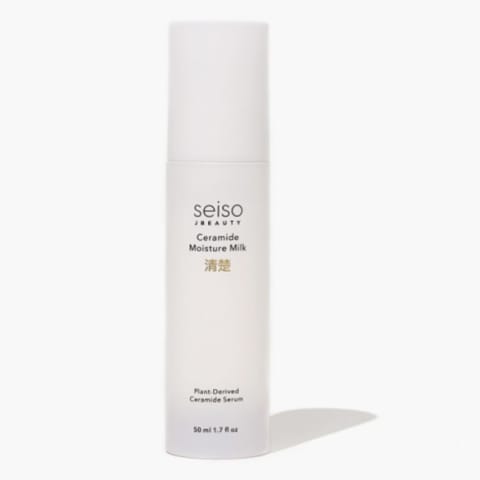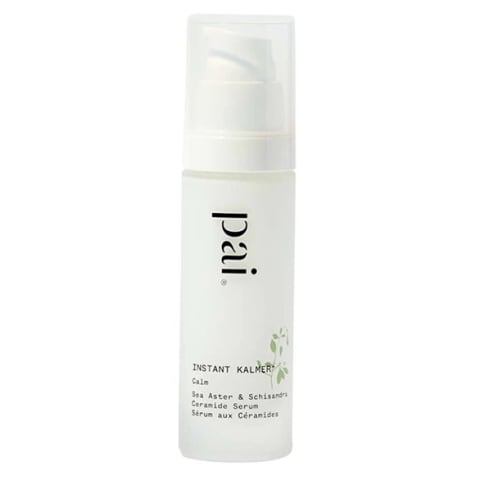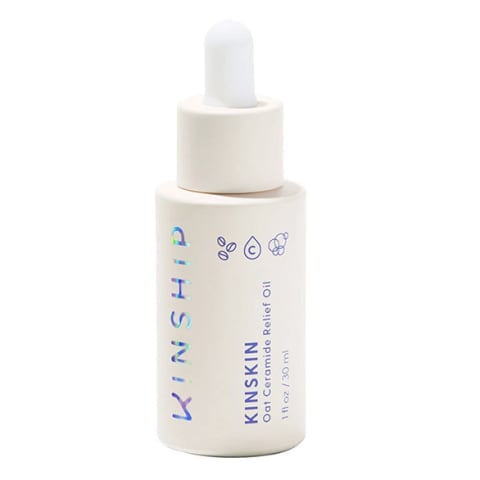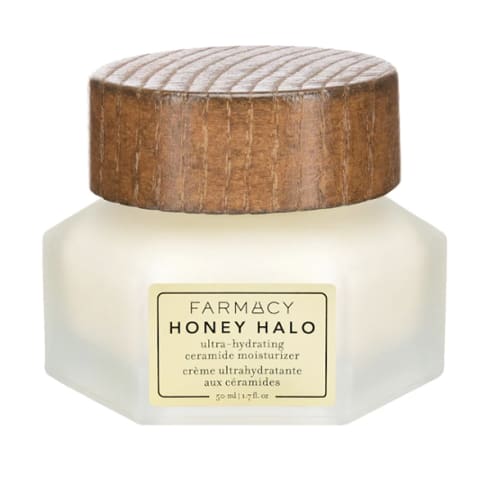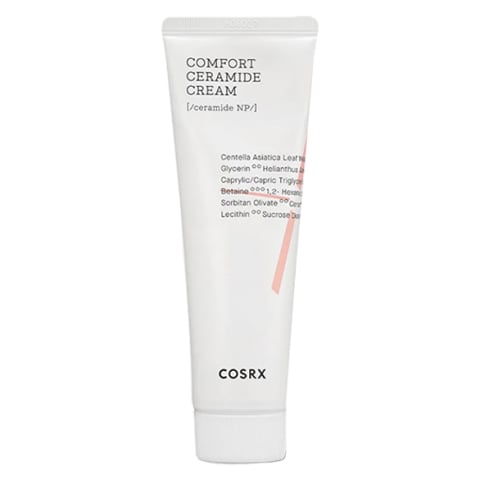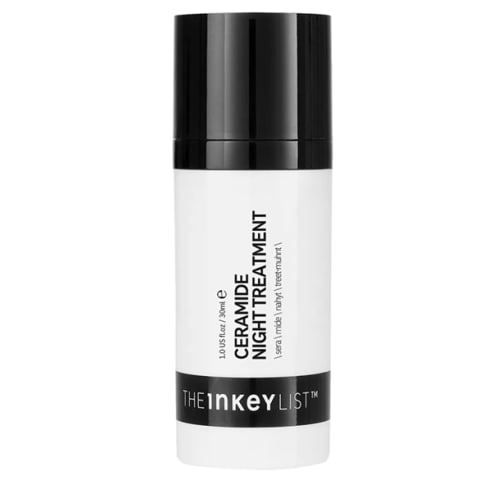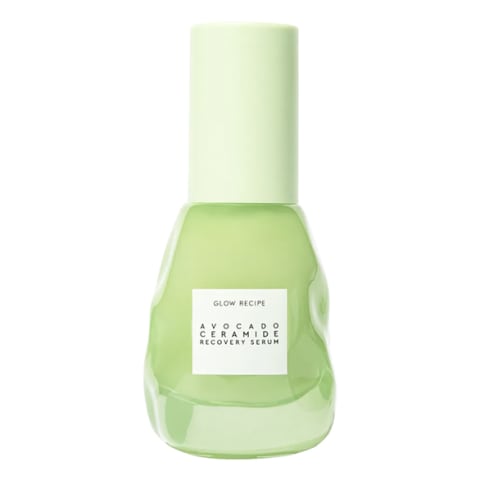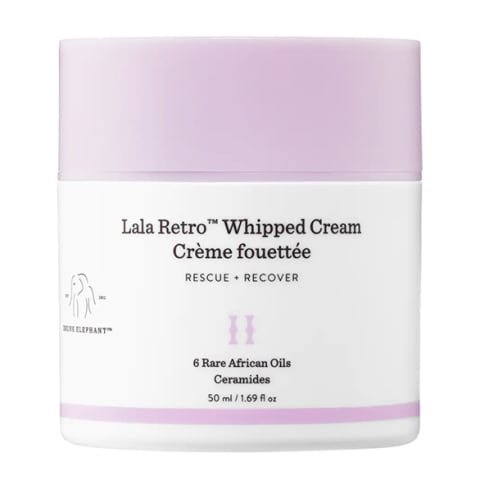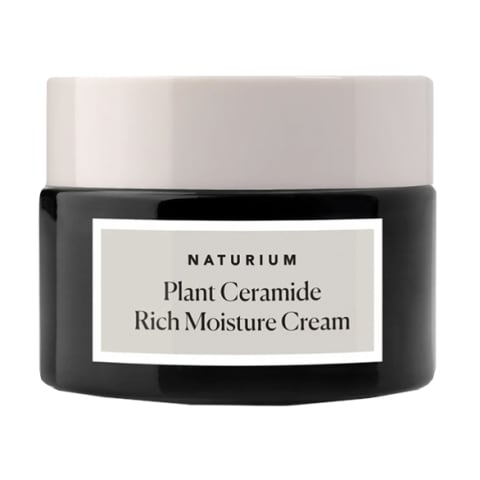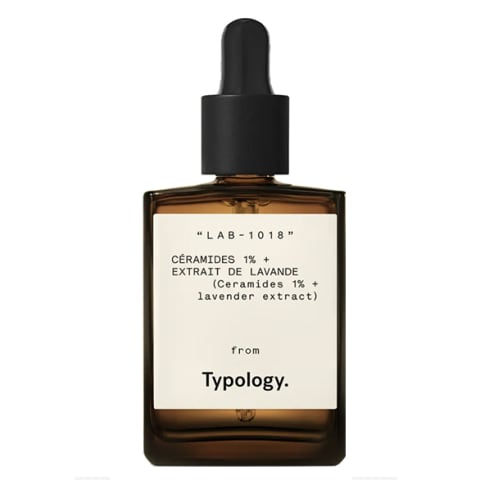This is why the ingredient consistently pops up on the ingredient list for some of our favorite skin care products, like the below. They maintain barrier function, help hold in moisture, and aid in keeping the bad stuff out. In skin care, these ingredients are primarily derived synthetically or via plants (also called phytoceramides). And while it’s vital to enhance your natural ceramide production if you want healthy skin, there is a huge benefit to applying it topically—as it can help your body in the short and long term. In fact, a 2019 study found a link between skin dysfunction and various health conditions caused by chronic inflammation. In the study, researchers connected the use of barrier repair moisturizers (that contained ceramides) with reduced pro-inflammatory cytokines in the blood, highlighting the importance of the skin’s protective role in our overall health: Namely, that poor barrier function is linked to inflammation that can trigger internal health conditions. Phytoceramides can be extracted from several types of botanicals including corn, oats, and wheat—but they can also be produced safely and synthetically. I f you prefer natural origins only, just look for how the ceramides were sourced (usually they’ll tell you if they come from natural origin). Otherwise, you can find safe, clean, modern, synthetic options too. Have we convinced you? Of course, we have. Here, our favorite ceramide creams. Ceramide Moisture Milk, Seiso J Beauty ($95) Instant Kalmer Ceramide Serum, Pai ($79) Oat Ceramide Relief Oil, Kinship ($35) Honey Halo Ultra-Hydrating Ceramide Moisturizer, Farmacy ($45) Balancium Comfort Ceramide Cream, COSRX ($26) Ceramide Hydrating Night Treatment, The INKEY List ($14.99) Avocado Ceramide Redness Relief Serum, Glow Recipe ($42) Lala Retro Whipped Moisturizer With Ceramides, Drunk Elephant ($60) Plant Ceramide Rich Moisture Cream, Naturium ($25) Ceramide Serum, Typology ($19.40)


